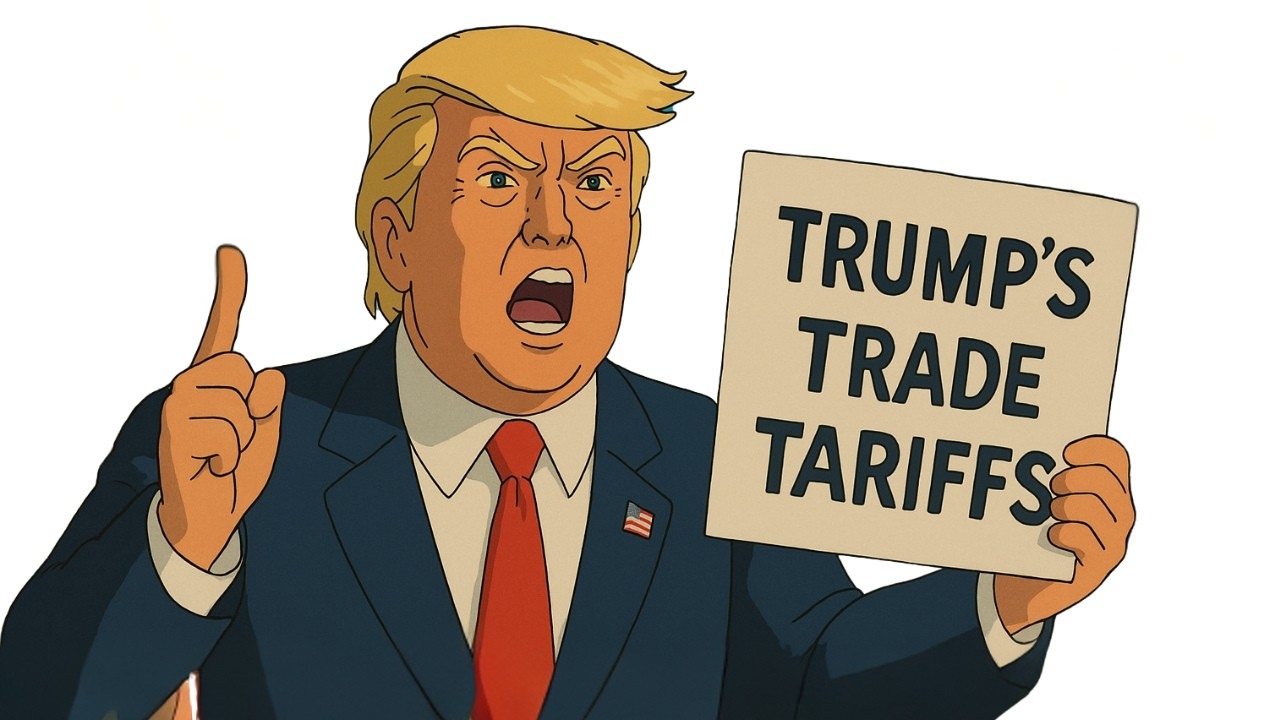In the ever-evolving landscape of international trade, recent developments have cast a spotlight on two of the world’s most influential tech giants: Apple and Tesla. The imposition of new tariffs by President Trump’s administration has prompted Wedbush Securities analyst Dan Ives to significantly lower his price targets for both companies, citing their substantial exposure to Chinese manufacturing and the escalating trade tensions between the U.S. and China.
Apple’s Vulnerability amidst Tariff Escalations
Apple’s reliance on Chinese manufacturing is profound, with over 90% of its iPhones produced and assembled in China. This heavy dependence renders the company particularly susceptible to the newly imposed tariffs. Ives describes the situation as an “economic Armageddon” for Apple, emphasizing the severe impact these tariffs could have on the company’s production costs and consumer demand. In response to these challenges, Ives has slashed his price target for Apple by 20%, reducing it from $325 to $250 per share.
The immediate market reaction has been stark. Apple’s shares experienced a significant decline, dropping 4.8% and nearing a one-year low. This downturn reflects investor apprehension about the company’s future profitability and its ability to navigate the turbulent waters of international trade disputes.
Tesla’s Dual Challenge: Tariffs and Brand Perception
Tesla, although less dependent on Chinese manufacturing in comparison to Apple but is still subject to the negative effects of the trade conflict. Tesla faces a double problem: the direct effects of tariffs as well as a growing branding crisis that is linked to its CEO, Elon Musk’s, political connections. Ives has lowered his price goal for Tesla to a shocking 43% from $550 to $315 due to these recurring issues.
The brand crisis is particularly concerning. Musk’s association with the Trump administration’s policies has led to a polarized perception of the Tesla brand globally. This polarization has manifested in declining consumer sentiment, especially in China, where local competitors like BYD, Nio, and Xpeng are gaining traction. Ives warns that Tesla may have lost at least 10% of its future global customer base due to this self-inflicted brand damage
Market Repercussions and Investor Sentiment
The broader market has responded to these developments with heightened volatility. The “Magnificent Seven” tech stocks, which include Apple and Tesla, collectively saw their valuations drop by approximately $2 trillion amid escalating concerns over the global tariff war. This downturn is part of a larger market slump, erasing more than $5 trillion from the S&P 500 index over two trading sessions.
Tesla’s shares have been particularly hard-hit, plunging over 7% in premarket trading following Ives’ revised price target. The stock has declined more than 50% since December 2024, reflecting growing investor unease about the company’s future prospects amidst the ongoing trade tensions and internal challenges.
Strategic Implications for Apple and Tesla
For Apple, the path forward involves navigating the complexities of its supply chain. While relocating production outside of China is a potential long-term solution, it presents significant challenges. Ives estimates that shifting even 10% of Apple’s supply chain would take approximately three years and cost around $30 billion, making it an impractical short-term fix.
Tesla’s strategies have to take into account the external and internal aspects. Externally, Tesla needs to reduce the effect of tariffs on cost of production and the sales of its products, particularly in crucial market segments like China. In the internal realm, dealing with the issues that have surrounded its brand is crucial. Ives says the fact that Musk has to “read his room” and show an exemplary leadership style during this turbulent time to regain trust with both investors and customers.
Broader Economic Context
The current trade wars demonstrate the intricate interdependencies among global supply chains and the effect that international geopolitical policy can have on multinational businesses. Businesses such as Apple and Tesla, which have extensive global operations, are especially at risk of disruptions in this manner. This is an unforgiving illustration of the importance of diversification of manufacturing facilities and the dangers of dependence on a specific region.
Conclusion
Recent trade tensions have put Apple and Tesla in an awkward position, pushing them to reconsider their operating plans and positions on the market. The analyst Dan Ives’ significant reductions in the price targets of each company reflect the severity of the current situation. As these giants of technology have to deal with the challenges of trade disputes as well as internal challenges and issues, Their actions will affect the long-term future of their own companies; however, they can provide insight into the greater technological potential of their companies when they face tensions in the world of politics.

